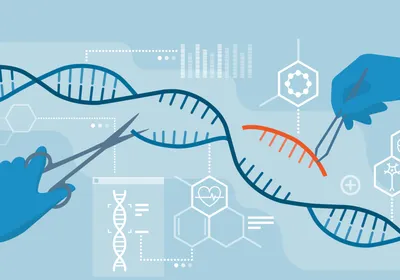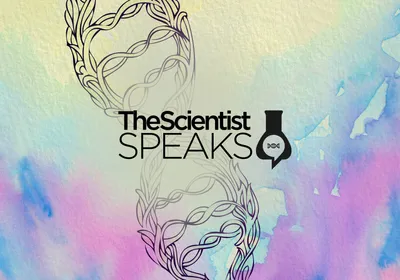US President-elect Joe Biden named geneticist Eric Lander, the president and founding director of the Broad Institute of MIT and Harvard, to be both his science adviser and head of the White House Office of Science and Technology Policy, a position that for the first time will be elevated to the cabinet level. If confirmed by Congress, Lander will also be the first biologist ever to hold either position.
“Eric Lander is a true Renaissance scientist in his broad grasp of the many fields of science and their interrelationships,” Marcia McNutt, president of the National Academy of Sciences, tells The New York Times. “At a time when the nation and the world face complex challenges that will require harnessing the full power of physical, life, environmental, social, biomedical and engineering sciences, Eric is an inspired choice of a scientist of international stature to ensure that science guides sound policy.”
Lander ...





















